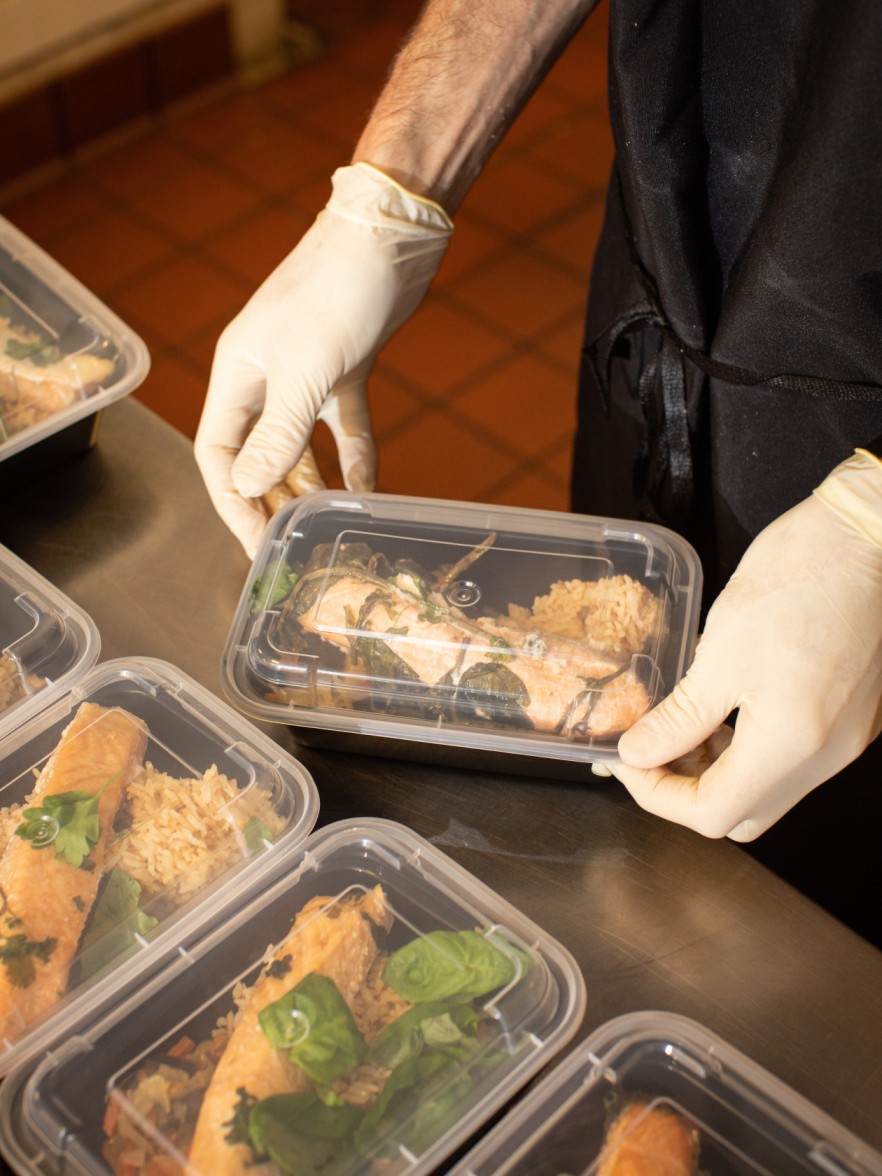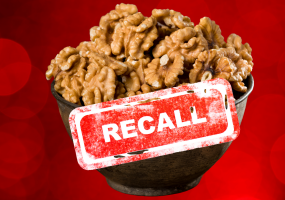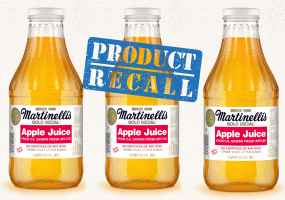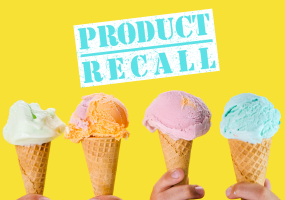
Knowing the gap between a surplus of food and those in need could be bridged was the catalyst behind Rethink Food, an innovative nonprofit revolutionizing how excess food is redirected. It's all thanks to partnerships with local restaurants, catering companies, and food vendors with a surplus of food. Rethink Food has recovered and utilized over 2 million pounds of excess food since its inception in 2017.
"This city has given me everything, so I really wanted to figure out what I could do to give back," Rethink Food co-founder Daniel Humm told The New York Times.
The "r" in Rethink Food stands for resourceful. Ingredients donated to its commissary kitchens are whipped into balanced meals, sauces, jams, soup starters, and a veritable kaleidoscope of flavors and spices for those needing nutrient-rich meals made with intention.
With chefs at its helm, Rethink Food has seen firsthand how much food can go to waste in day-to-day restaurant operations. Rethink Food's team also noticed how much perfectly good, edible excess can be left over after a New York City event and how much more beneficial it would be for that food to go to those in need.
If you're feeling helpless over the matter, don't. There are things that an average consumer can do to tamp down on food waste, says Rethink Food. Read on to learn Rethink Food's top five tips.
1. Embrace produce that isn't flawless.
Let's face it: We live in a culture where there's a certain expectation on how fruits and vegetables should look when displayed neatly on grocery store shelves.
Farmers ditch up to 30% of their produce in the field that isn't fit to sell, and grocery retailers discard up to $15.4 billion of edible fruits and vegetables annually, according to the American Marketing Association.
"Indulge the imperfect," a Rethink Food spokesperson suggests. "Misshapen, bruised, or scratched fruits and vegetables are good to eat. Do not throw them away."
Patrick Ahern, director of supply chain at Baldor Specialty Foods and a produce expert, told marthastewart.com it is still possible to use produce when it is bruised or possibly even showing signs of sprouting. "Onions, carrots, garlic, and potatoes can all be consumed when sprouting begins, but if left, they will start to decay pretty soon," he shared.
While bruised or partially rotten pieces of produce can often be sliced away, the pros suggest repurposing imperfect produce by cooking it or even using it to whip up a smoothie or bake it into bread.
2. Haste makes waste. Expiration dates can have wiggle room.
Clearly, lumpy milk that's gone sour isn't fit for consumption. However, it's best to examine foods that have technically expired on a case-by-case basis. Eggs, for example, if properly refrigerated, are safe to eat for weeks beyond the carton's "use by" stamp. According to the American Heart Association, "For best quality, use eggs within three to five weeks of the date you purchase them. The 'sell-by' date will usually expire during that length of time, but the eggs are perfectly safe to use."
"Loosen up on expiration dates," Rethink Food's team suggests. "Dates on food packages are not absolute confirmation of when something has gone bad. Always smell or carefully look at a product before throwing it out."
The nose knows.
3. Keep track before tossing unwanted food.
Taking a personal inventory of your refrigerator can be a game changer if you've been ending up with food waste that can't be saved.
"Make a waste log: Write down everything you throw away on a weekly basis and take that list with you during your next grocery shopping," Rethink Food's spokesperson recommends. "It really helps to reconsider what you are buying and what you truly need to avoid more waste."
The spokesperson further suggests using the FIFO (first in, first out) method as a rule of thumb. "When buying new groceries, place new items in the back and move older items to the front. You'll be able to notice the older food items and use them up before they go bad."
4. Putting it on ice is nice advice.
Rethink Food recommends freezing those extras you can't finish so you can revisit them at a later date. "Many foods can be safely frozen and used later, like bread, meats, and some fruits and vegetables."
5. Sharing is caring.
Rethink Food's spokesperson says it's all about being realistic about how much food you're going to consume in a week. Try to plan ahead for meals so you'll know exactly how many ingredients you'll need. If you're going on a vacation or a business trip, Rethink's spokesperson suggests offering perishable food items to a friend or neighbor.
Rethink Food's Impact Across America
With its headquarters in New York and a presence in Chicago, Miami, and Nashville, Tennessee, Rethink Food has distributed nearly 15 million meals to date and given back $50 million to small and medium-sized businesses as part of their initiatives.
With 40% of the country's food supply going uneaten annually, it's wreaking havoc on the environment and not helping the 30 million people across the nation who are uncertain of where their next meal will come from. Rethink Food and its team are working around the clock to innovate out-of-the-box, tangible solutions to put more food in the bellies of those in need and save it from ending up getting wasted.
"We take great pride in providing our community-based partners with meals that their recipients actually enjoy eating," Rethink Food's spokesperson emphasizes. "We simply believe that everyone should have access to a wholesome, dignified, comforting meal."
* This is a contributed article and this content does not necessarily represent the views of foodworldnews.com









